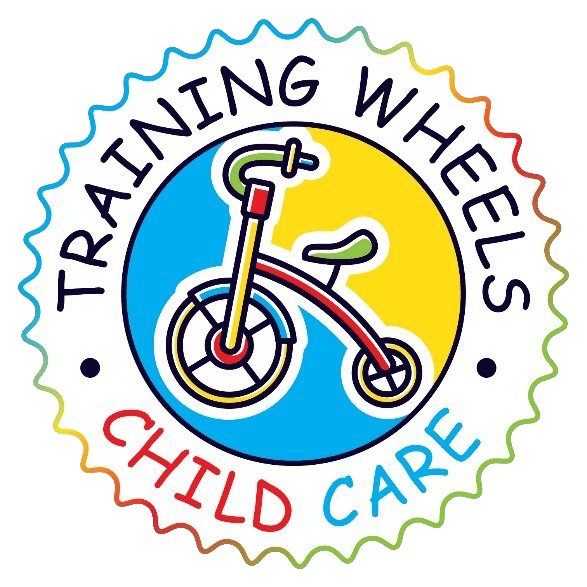Childhood nutrition is crucial for supporting growth, development, and overall health during the early years of life. Here’s everything you need to know about childhood nutrition:
- Balanced Diet
A balanced diet for children includes a variety of nutrient-rich foods from all food groups. It should consist of fruits, vegetables, whole grains, lean proteins, and dairy or dairy alternatives.
- Nutrient Intake
Children require essential nutrients, such as vitamins, minerals, protein, carbohydrates, and healthy fats, to support their growth and development.

- Age-Appropriate Servings
Portion sizes should be appropriate for a child’s age and appetite. Younger children typically require smaller portions than older children or adults.
- Breastfeeding or Formula Feeding
For infants, breastfeeding is recommended as the primary source of nutrition for the first six months of life. If breastfeeding is not possible, infant formula is a suitable alternative.
- Introduction of Solid Foods
Solid foods are usually introduced around six months of age, as infants’ nutrient needs outgrow what breast milk or formula alone can provide.

- Introducing a Variety of Foods
Offer a wide range of foods to expand your child’s palate and encourage healthy eating habits. Introducing different flavors and textures early on can help prevent picky eating later.
- Limit Added Sugars and Salt
Limit the consumption of foods and beverages high in added sugars and excessive salt. Instead, focus on natural sources of sweetness, like fruits.
- Hydration
Encourage your child to drink plenty of water throughout the day, especially in hot weather or during physical activity.

- Family Meals
Eating together as a family can positively impact a child’s eating habits and social development. It allows children to observe healthy eating behaviors and fosters a sense of connection.
- Snacks
Provide nutritious snacks that complement meals and help meet your child’s energy needs. Opt for fruits, vegetables, whole-grain crackers, or yogurt as healthy snack options.
- Growth Monitoring
Regularly monitor your child’s growth and development through well-child visits with a pediatrician. Growth charts help track your child’s progress and ensure they are growing appropriately.
- Special Dietary Needs
If your child has specific dietary needs or food allergies, consult with a pediatrician or a registered dietitian for guidance on meeting their nutritional requirements.
- Limiting Screen Time
Minimize screen time during meals to promote mindful eating and reduce distractions.
Remember that each child’s nutritional needs may vary based on factors such as age, growth rate, activity level, and overall health.
Consulting with a pediatrician or a registered dietitian can provide personalized guidance on meeting your child’s specific nutritional needs. Creating a positive and healthy food environment from an early age sets the foundation for a lifetime of good eating habits and well-being.
